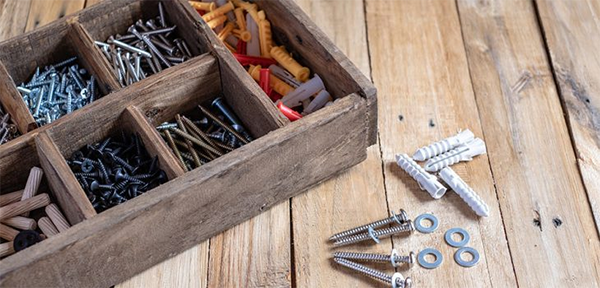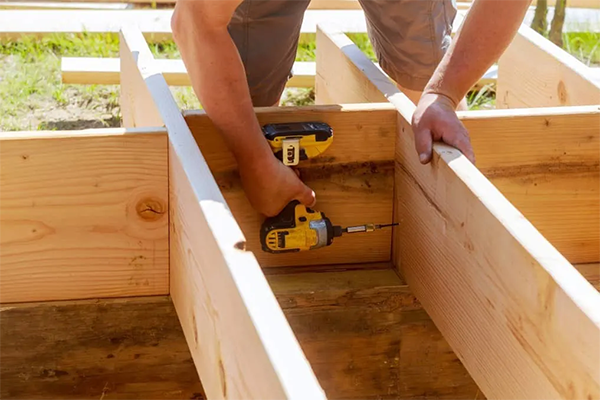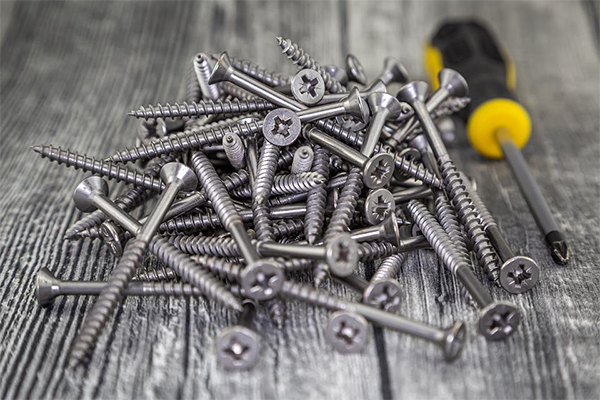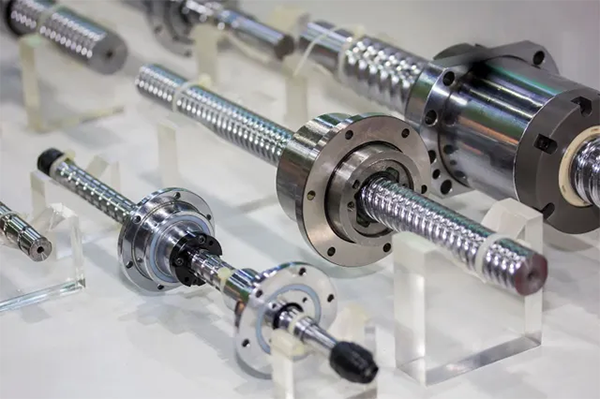Fastener screws, those small yet mighty components, are playing a pivotal role in the construction industry, providing the essential stability and security needed for a wide range of structures. From residential buildings to large-scale infrastructure projects, these unassuming fasteners are the unsung heroes holding everything together.
Fastener screws have evolved significantly over the years, with advancements in technology and materials enhancing their durability, strength, and versatility. Today, they come in various types, including wood screws, self-tapping screws, and machine screws, each designed for specific applications and materials.
Wood screws, commonly used in woodworking projects, are engineered with deep threads and sharp points that easily bite into wood, ensuring a tight grip and preventing loosening over time. They are the go-to choice for furniture assembly, cabinetry, and general carpentry.
Self-tapping screws, on the other hand, are widely employed in metalworking. These screws have a pointed tip and threads that enable them to create their own mating threads as they are driven into metal or plastic. This feature eliminates the need for pre-drilling, saving time and effort in assembly processes.
Machine screws, characterized by their uniform threads and blunt ends, are utilized in applications that require precise fastening, such as securing electronic components, machinery, and appliances. They are often used in conjunction with nuts or threaded holes to provide a secure and adjustable connection.
The adoption of fastener screws has revolutionized the construction industry, offering numerous benefits. They provide excellent load-bearing capacity, ensuring the structural integrity of buildings and infrastructure. Moreover, their ease of installation and removal makes them a preferred choice for applications requiring frequent adjustments or repairs.
In addition to their functional advantages, fastener screws contribute to sustainability efforts in construction. Their use reduces material waste as they can be easily removed and reused when necessary, minimizing the need for new fasteners and reducing environmental impact.
However, it is crucial to note that proper selection and installation of fastener screws are essential to ensure their optimal performance. Factors such as material compatibility, thread type, length, and torque requirements must be considered to achieve the desired results and avoid failures or compromises in structural integrity.
As the construction industry continues to advance, fastener screws will remain a cornerstone of modern building practices. With ongoing research and development, we can expect further innovations in fastener screw technology, leading to even more efficient, reliable, and sustainable solutions for the construction industry.
Post time: Jan-10-2024




